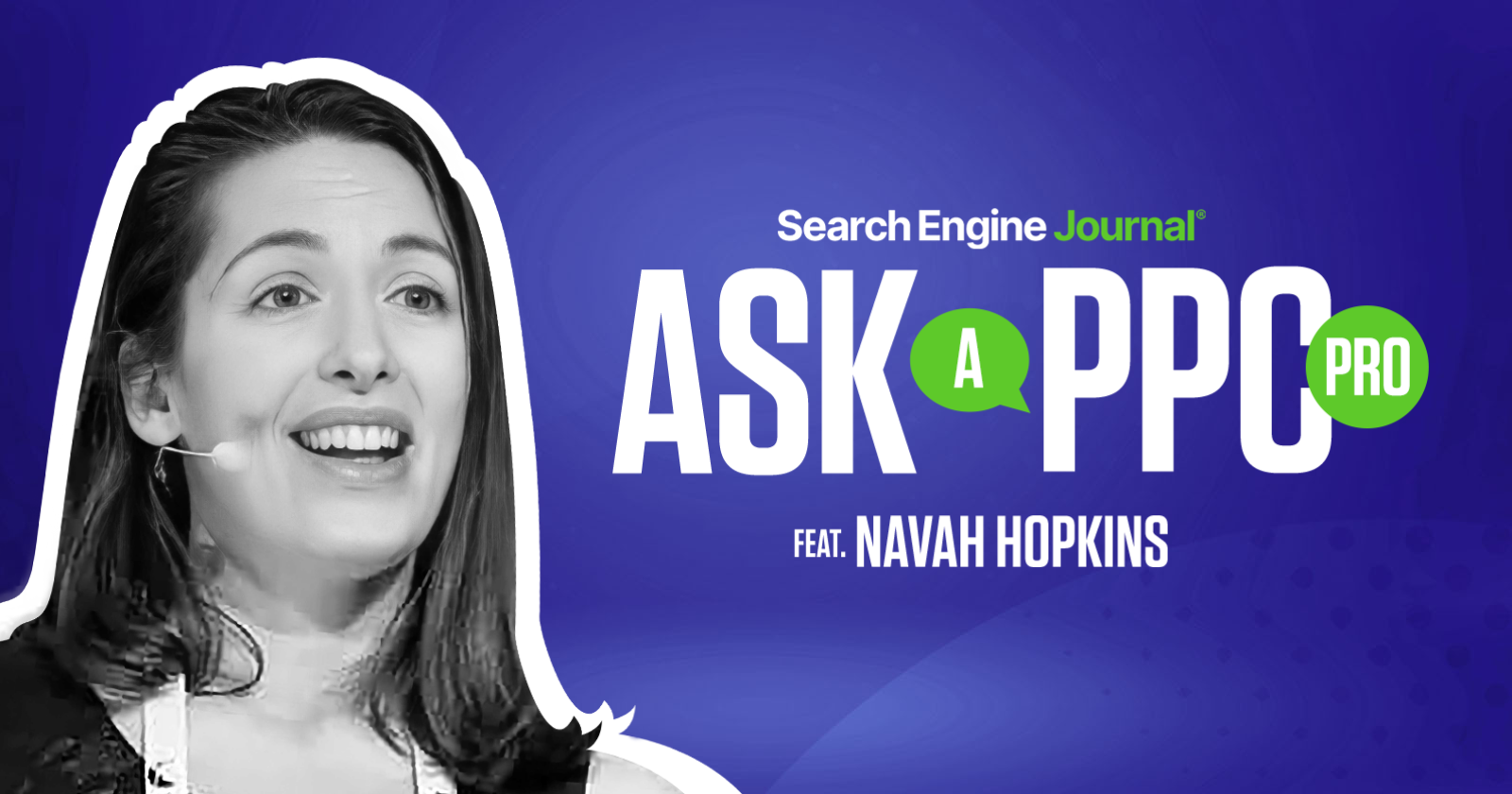Google is pausing all ad groups that have zero impressions over the last 13 months on March 11.
You’ll be able to reactivate them; however, if they remain at zero impressions for three months, they’ll be paused again.
This news was met with mixed reviews.
Some (including me) are thrilled that Google is taking a proactive step to help advertisers maintain cleaner and more efficient accounts.
Others lament yet another moment of lost control in the ad account.
Google doesn’t do anything without a data-backed reason, so in this installment of Ask the PPC, we’re going to dive into:
- What’s the difference between a zero impression and low search volume keywords?
- Is 13 months enough time for an ad group to have zero impressions to get paused?
- What can you do to prepare and optimize going forward?
What’s The Difference Between Zero Impression And Low Search Volume?
Google has made it clear that including low search volume keywords in your account will not harm your quality score.
Low search volume keywords can get impressions, clicks, and conversions; they just don’t have high search volume.
This can be because:
- They are exact match keywords. Exact variants of keywords are high risk for low search volume (even if there’s a ton of volume for the keyword concept itself).
- They represent a super niche industry. If not enough people know to search for the thing, there won’t be as much volume.
A zero impression keyword could be because it’s low search volume. However, it could also be a lost keyword.
Google has been known to struggle to get budget to keywords and ad groups in large account structures (i.e., more than 20 keywords in the ad group and more than 10 ad ad groups in the campaign).
There are a few reasons for this:
- If you’re using Smart Bidding (max conversions or max conversion values), there will be inevitable winners and losers in the initial ramp-up of the account. The more a keyword proves itself, the harder it will be for any other keywords sharing an ad group/campaign to get access to the budget.
- Keywords with conflicting auction prices and end users will struggle to get access the budget they need without compromising other parts of the campaign. For example, if a high-value keyword concept is in the same ad group or campaign as a low-value but high-volume one, there might not be enough budget for that keyword.
- Some people like to test out all variants of a keyword to see which performs best. However, Google will see these as duplicates and will sometimes hit errors in serving any of the keywords at all.
So to sum up, a zero impression keyword (that would inform a zero impression ad group) could have many structural reasons behind the lack of serving.
Low search volume is based on demand or match type.
Since the former could serve if it were in a structure that supported it, it could hurt your account to leave those keywords active. The latter has been confirmed to have no negative impact.
Is 13 Months Enough Time?
The next consideration is whether Google is giving enough time to ad groups before pausing.
Short answer: yes.
Long answer: there are a few reasons why 13 months is a very clever amount of time to give an account.
- 13 months means you’ll have the full seasonality view.
- An account with 13 months of data means it’s been running for longer than a year.
- There is no “learning” to worry about.
If an ad group hasn’t had impressions in 13 months, it’s time to let it go.
Either move it to another campaign or let the idea get picked up by sitelinks.
What Can You Do To Prepare And Optimize?
Take stock of your campaigns and sort your ad groups by impressions.
If you see an active ad group that has zero impressions with the all-time view, odds are it’s going to be impacted.
Keep an eagle eye on change history to see if any ad groups do get impacted.
However, if your account structure tends to get average to above average impression share, odds are your ad groups will be fine.
Have a question about PPC? Submit via this form or tweet me @navahf with the #AskPPC hashtag. See you next month!
More resources:
- PPC Automation Layering: How To Get More From Google Ads
- An In-Depth Guide To Google Ads
- PPC Trends 2024
Featured Image: Paulo Bobita/Search Engine Journal





![AI Overviews: We Reverse-Engineered Them So You Don't Have To [+ What You Need To Do Next]](https://www.searchenginejournal.com/wp-content/uploads/2025/04/sidebar1x-455.png)